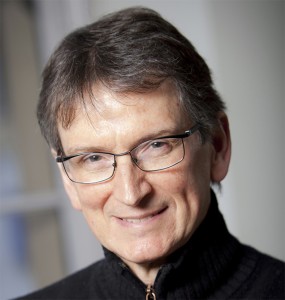 Urbanism is the path to urbanity by Prof Brian Evans AoU
Urbanism is the path to urbanity by Prof Brian Evans AoU
I am often asked if Urbanism is what we used to call planning. Well it’s not – and here’s why.
Urbanists pursue urbanism as a pathway to urbanity – a consensual and dynamic state of civilisation that we admire and aspire to. For brevity let’s use the philosopher John Armstrong’s definition: a collective system of values; economic and political development; the pursuit of happiness; and a high level of (individual and collective) intellectual and artistic achievement1. We might contend that these are timeless principles that have guided city development since the first settlements of the Tigris-Euphrates Valley some 10,000 years ago – settlements that we would recognise today as cities. With these aims of human endeavour in mind, these principles have helped cities adapt to the challenges of the four principal technological revolutions of mankind: agricultural; industrial; transportation and digital. In developed countries this process has taken centuries, but in the developing cities of Africa and Asia the transition is many times faster – three decades.
Ranged against urbanism is entropy – literally a lack of positive energy in the system leading to a decline into disorder. The forces of entropy include natural processes – drought, flood and disease – and manmade processes – war, greed and the careless and senseless exploitation of resources and people.
Planning – or to be more precise land use planning – is a 20th century solution to a 19th century problem – pollution and bad neighbour development – or keeping nasty things away from where people live. By contrast, the future of cities today is about the understanding of assets (social, natural, economic), managing expectations, employing technology, the digital revolution and social media to co-create processes to effect positive change. To manage this we need a people-centred approach that is trans-disciplinary and transparent and based on openness, honesty and trust. To do this we construct processes around Armstrong’s principles of urbanity that have helped us cope with earlier revolutions of change and to dismantle their worst excesses (think Boston and the Big Dig). Used well they will help us through the digital revolution too.
So Urbanism is not planning and, to paraphrase that great Scottish Philosopher Bill Shankly, it’s not even a matter of life and death – its more important than that – it’s the pathway to urbanity.
Professor Brian Evans AoU is head of urbanism at the Mackintosh School of Architecture
Image of the Zakim Bunker Hill Memorial Bridge, Boston, by Michael Hicks (Flickr)